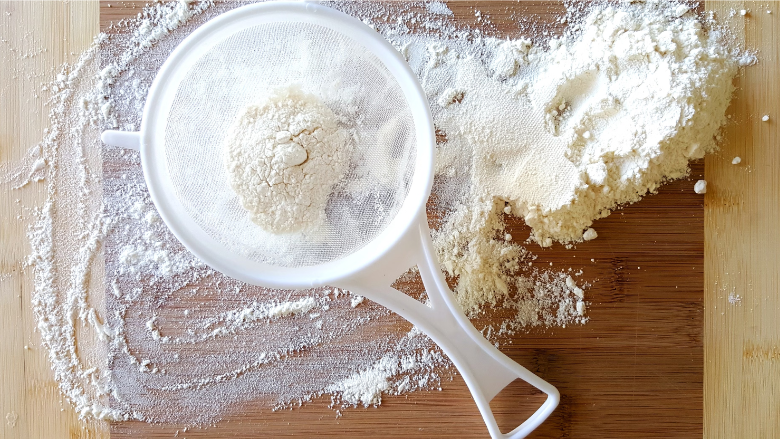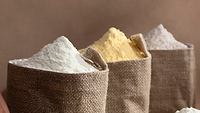Tara Flour Determined Not GRAS as FDA Steps Up Post-Market Reviews of Food Additive Safety

Image credit: Vlad Kutepov via Unsplash
As part of the U.S. Food and Drug Administration’s (FDA’s) continued efforts to more systematically and transparently review and regulate food ingredients, additives, and chemicals, the agency has reassessed and revoked the Generally Recognized as Safe (GRAS) determination for tara flour.
Under the Federal Food, Drug, and Cosmetic Act (FFDC), any ingredient intended for use in food must be authorized by FDA for use as a food additive, unless that use is determined GRAS by qualified experts or meets a listed exception to the food additive definition in FFDC. An unapproved food additive is deemed to be unsafe under FFDC. Food that is, or contains, an unsafe food additive is considered adulterated.
FDA’s evaluation of tara flour was prompted by its use in a Daily Harvest leek and lentil crumble product that was linked to more than 400 cases of foodborne illness in 2022. Although tara flour was identified by Daily Harvest as a possible contributor to the outbreak through root cause analysis, to date, FDA has not found evidence that tara flour caused the outbreak. Still, the outbreak gave FDA reason to evaluate the regulatory status of the ingredient.
FDA’s evaluation revealed that there is not enough data on the use of tara flour in food, or a history of its safe use, to consider it GRAS. There is no food additive regulation authorizing the use of tara flour in food.
Manufacturers who are considering using tara flour as an ingredient in food are responsible for ensuring that its use is safe and lawful and are encouraged to consult with FDA. At present, the agency is not aware of any domestic production of tara flour as a food ingredient or products containing tara flour. FDA has also instituted screening at ports of entry for tara flour used as an ingredient in imported food or imported for sale in bulk, and has not yet detected any shipments of tara flour in imported products.
The GRAS Debate
In the past year, several state legislatures have raised concerns about FDA’s oversight of ingredients allowed in the food supply, specifically highlighting GRAS as a regulatory loophole that enables companies to sneak possibly unsafe additives into the food supply unnoticed. Some states have proposed and even passed bills, such as the California Food Safety Act, banning certain possibly toxic additives from foods made or sold statewide. California Assemblymember Jesse Gabriel (D-46), who introduced the now-passed California Food Safety Act, said he designed the bill to “correct a concerning lack of federal oversight,” calling GRAS a “loophole in federal law.”
Additionally, in New York State, a bill was introduced in February 2024 that aims to combat industry exploiting GRAS determination and adding chemicals to foods without the knowledge of FDA or the state. New York Assembly Bill A9295 would require businesses to notify the State of New York when determining a substance to be GRAS and marketing that chemical in New York.
Looking for a reprint of this article?
From high-res PDFs to custom plaques, order your copy today!






